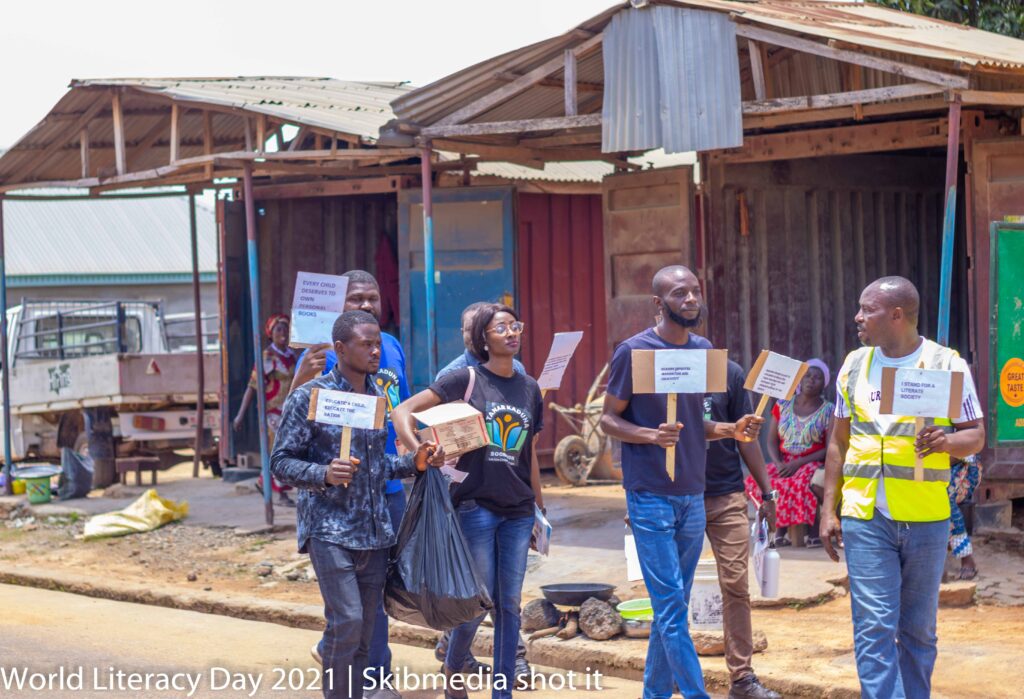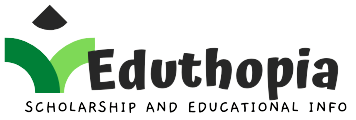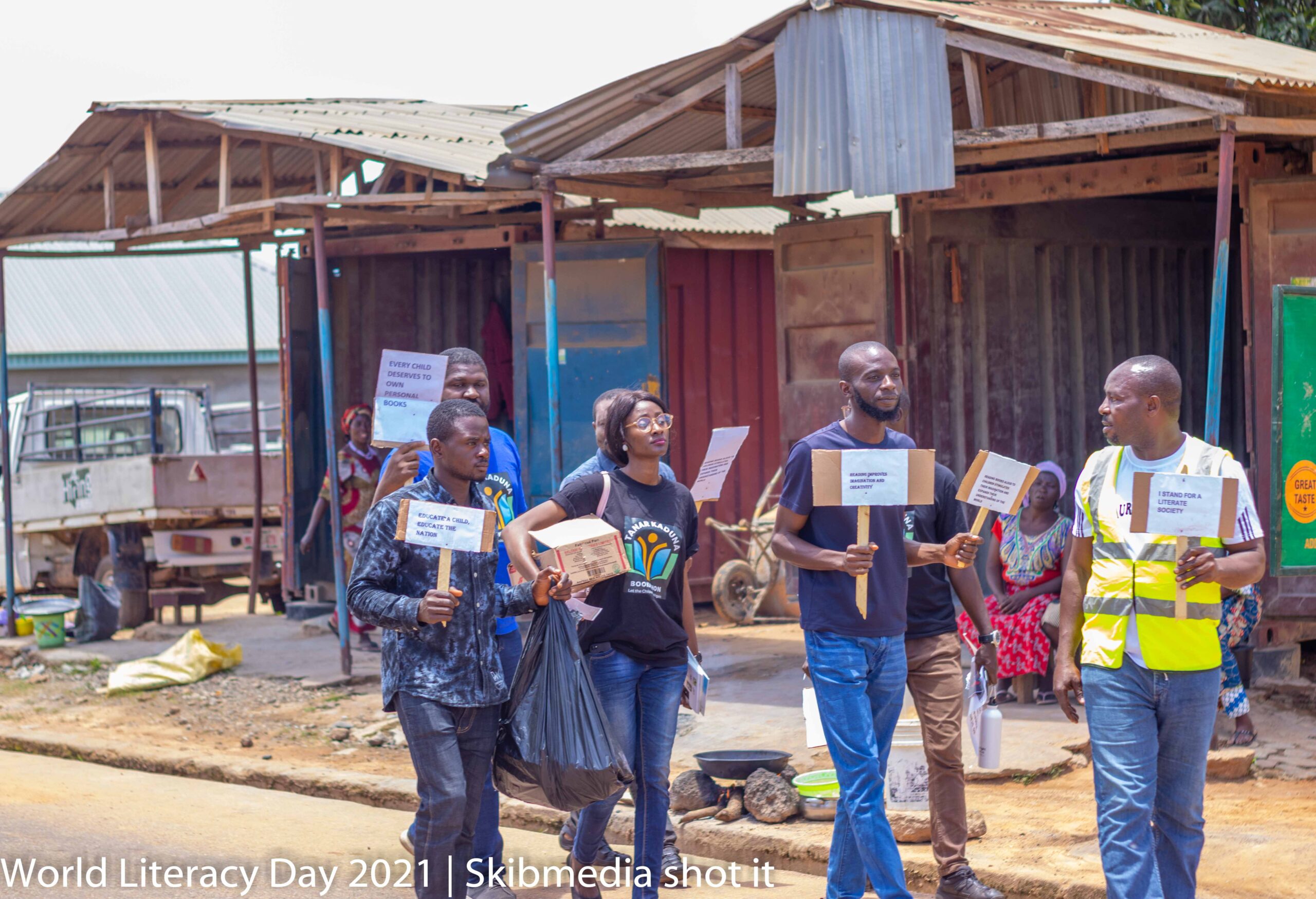
Walk For Literacy 2021
On September 8th 2021, history was made on the dusty streets of Ungwan Maigeiro, a bustling suburb in Chikun local government area of Kaduna state. Young men and women defied the heat blows from the flaming sun to walk for a cause. Never before had people in any part of Northern Nigeria walked the streets to encourage literacy.
The first-ever walk for literacy put together by Tanar Educational Consultancy was led by Baboshiya Asake, Namse Udosen, Ifeanyi Eze, and Richard Dambo. Pushed by a burning desire to promote a reading culture in Northern Nigeria, they rallied friends and residents of the Maigeiro community to march the streets with voices of change.
Also read: 11 Tips On How Women Can Narrow The Gender Pay Gap For Financial Success
To set the tone, books were sought from the public including culturally relevant reading books from the Tanar Kaduna Bookathon catalogue for children. In the end, over a thousand books were made available.
The first steps of the walk hit the ground around 11 am on that sunny Wednesday. We had printed banners, placards, and flyers bold with messages of the importance of literacy. As our shoes crunched on the tar, our voices rang out with cries of literacy is life; buy a child a book today; we stand for a literate society; etc. The faces of the women and men greeted us with mixed emotions. Perplexing stares were the order of the day.
This was something unusual on these streets. The children were more beacons of smiles and joy. The sight of our beautiful books and the melody of our songs were a catch. There was a six-year-old girl who picked up and told her mom she wanted to join the walk. She was the first contact on the walk and became an adrenaline shot for us.
Cynicism was rife for a good part of the walk. There were questions about our motivation. Some people came out in garments of doubts. We were thrown glances of suspicion and disdain. We were doing this for a superior cause; so we marched on. We trudged past a shop and a woman well past her youth beckoned on us. She had been thirsting for any form of education for a long time. She told us of how marriage severed her education over 40 years ago. She wanted to restore the lost ties. Our little carnival of advocacy was a motivation for her. Another victory song. She was connected to the Kaduna state agency for non-formal and adult education, reunited with an abandoned dream. Little drops soon create a flood.
The voices of the little children who were brave enough to read aloud in public were a melody to the ears. The street reading session was eye-opening. Children whose parents vested time in reading with them were better readers than children from parents who didn’t. The poor reading habits by a large swath of the population is cause for concern. The nonchalance by the generality of the population is even more worrisome. The walk for literacy allowed us to engage and remind people of the correlation between literacy and educational achievement.
According to UNESCO Nigeria has between 65 and 75 million illiterates. This is one of the highest illiteracy rates in the world. In addition to illiteracy caused by no school attendance; there is the problem of school children who can’t read after spending six years in Primary school.
The World Development Report 2018 of the World Bank also shows that only about twenty (20) percent of pupils who have finished primary school can read. Nigeria ought to feel endangered that half of its population is illiterate in a fast-moving technological global space and time.
Literacy development is the fulcrum of educational development in any society. Schooling without literacy development is a wasted opportunity and a great injustice to children.
Also read: Be Your Own Motivation
Literacy development is the stages passed through by pupils in building their reading and spelling skills. In the last decade theories relating to building literacy in children have evolved globally. Educators and scholars have proven that literacy development is a scientific process. Studies have shown a positive correlation between the availability of quality reading materials and literacy development. Infants who are read aloud have better vocabulary by the time they start school than those whose parents don’t.
Part of the advocacy message we projected, is that at all levels of government there is a need for a literacy development plan. A plan that would guide practice in the classroom and society. The plan should encompass mass literacy and non-formal education spaces. It must be a strategic partnership that involves all members of society.
We look forward to more walks for literacy across Nigeria.
Namse Udosen
Kaduna
[email protected]

